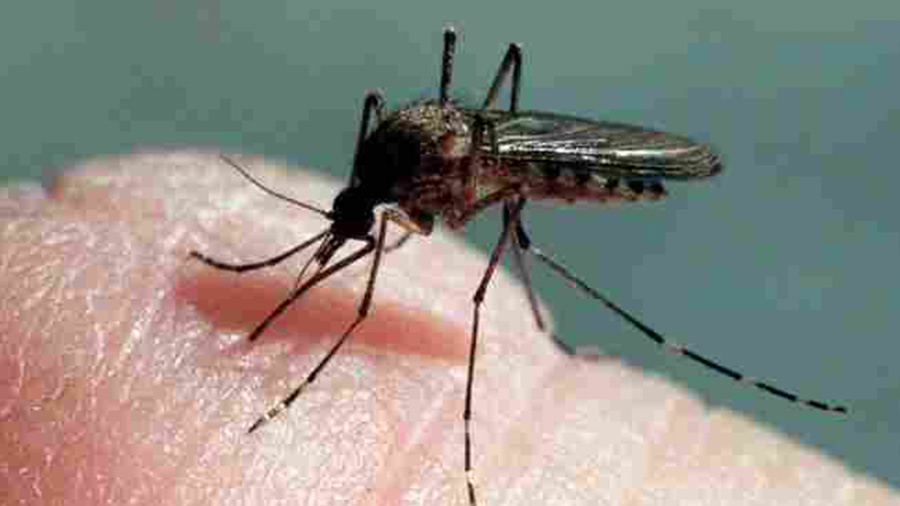Is dengue becoming a bigger threat than Covid?
The absolute figures of dengue cases may be high now, but in my experience they are still not what we had seen back in 2016-17. In the last two years, this disease got overshadowed by Covid but it has made a comeback. However, most dengue patients recover. The mortality rate is negligible, almost equivalent to many other viral illnesses.
Is platelet drop the biggest fear in dengue patients?
Contrary to popular belief, it is usually not. Platelets play a part in the clotting process of the blood so a significant drop in platelet count increases the risk of internal or external bleeding.
The normal platelet count is 1.5 lakh to 4.5 lakh but the medical recommendation for platelet transfusion is only if the level falls below 20,000 or even in some cases below 10,000. So it isn't too high a risk even between 1.5 lakh and 20,000. What does happen is that platelet transfusion gets misused. People are administered platelets even when not required.
Platelet fall in dengue is almost as “natural” as rainfall is during the rainy season. Even if it falls remarkably, it will rise to normal as platelet destruction is a temporary phenomenon in dengue.
Then what is the biggest fear with dengue?
Dengue is an infection and the threat with every infection is that it can affect the “big five” organs — brain, heart, lungs, liver and kidneys. Like Covid has a greater affinity for the lungs and a type of malaria for the brain and so on.
Dengue leads to an invisible or hidden loss of body fluid, that may lead to a fall in blood pressure. The whole system then goes into a “shock” which eventually leads to vital organ failure. A cause of death commonly mentioned in death certificates is “multi organ failure”. This is what happens when such infections become overwhelming, leading to what is called septicemia.
What are warning signs in patients?
Not all dengue patients need hospitalisation. While they can be treated at home, family members need to keep the following in mind-
1. Consult a doctor if the patient runs temperature of 100 degrees or more for three days, although there there’s no harm in reaching out beforehand too.
2. Give the patient Paracetamol and 2 to 2.5l of water a day.
3. Look out for these symptoms while the patient has fever-
a. Dry mouth or tongue becoming dry or the patient getting extremely thirsty or having low urine output. These are symptoms of dehydration, resulting from hidden fluid loss.
b. Bleeding from anywhere. This can happen as the function of platelets in the body is to help clot blood. With platelet count running low, there could be spontaneous bleeding from the lips, nose, skin (kaal sheete) etc.
c. Becoming drowsy, confused, incoherent or failing to recognise people. These are signs of “brain fade” which may be a knock-on effect on the brain due to dysequillibrium of internal atmosphere or organ dysfunction.
d. Developing jaundice due to liver dysfunction.
e. Breathing difficulty due to lung dysfunction, although this is not common in dengue.
